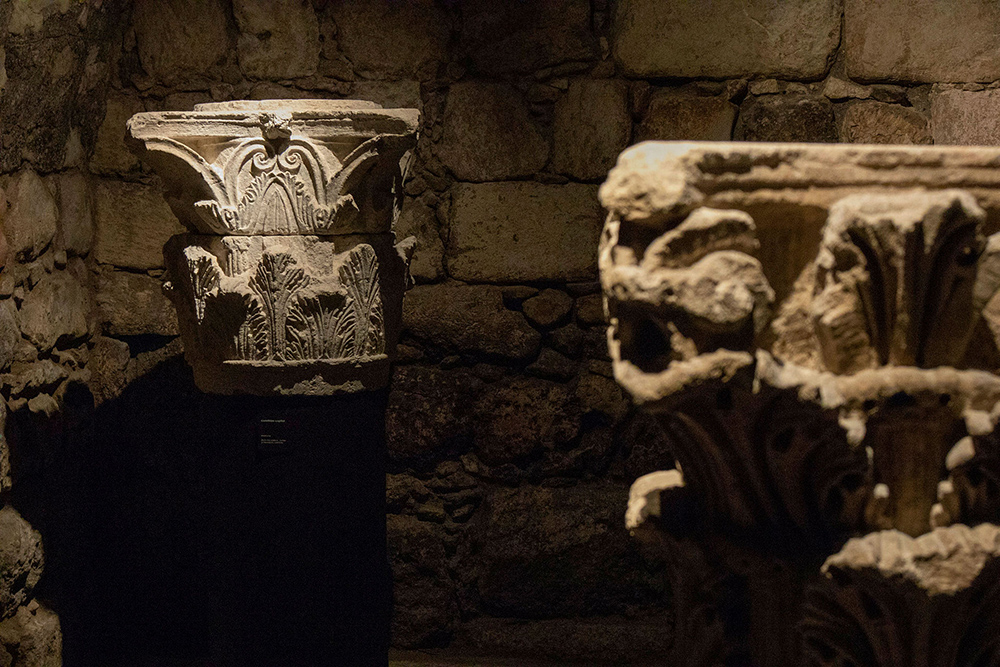By: Baruch Yedid
A Palestinian Authority (PA) court in Hebron convened on Tuesday to discuss a claim filed by a resident demanding that the PA return to his possession a rare collection of coins, banknotes, stamps, research literature and various archaeological finds it had confiscated from him.
The rare collection was confiscated by the PA’s intelligence about a year ago from Anwar Zre’ir, 80, who has devoted his life to research and has accumulated thousands of rare items over the course of 50 years.
Zre’ir, known as Abu Noor, fears that the PA will sell his collection and severely harm his research while concealing the rare historical evidence.
Abu Noor’s relatives told TPS that the PA learned of the existence of the rare collection through an article published on the Al Arabiya Channel about a year and a half ago, and has since repeatedly confiscated parts of the collection.
“Three times the tourist police knocked at his house with an order from the PA’s Antiquities Authority demanding that he hand over the antiques to them and confiscated books of historical value, some of them from the British Mandate,” the Zre’ir family told TPS.
Some evidence suggests that this incident is part of the PA’s efforts to take over archaeological finds and antiquities in the area.
About two years ago, the PA updated its Antiquities Act, stating that any item that preceded 1917 is legally considered an archeological finding. Until the law was amended, the PA relied on a Jordanian law of 1966 that stipulated that only items dated prior to 1700 would be considered antiquated items that the PA can confiscate.
Abu Noor’s associates claim that this is no coincidence, as the PA seeks to place its hand on findings that preceded the beginning of Zionism and the Balfour Declaration for political reasons and to hide evidence of the existence of a political Jewish entity prior to modern Israel.
During the Bethlehem Antiquities Exhibition in 2005, the PA’s Governor of Bethlehem Salah Ta’amari was shocked to find coins from the Greek and Roman periods with evidence of Jewish presence in the area on display. Ta’amari had the findings removed and made sure that they were not presented to the ambassadors and consuls invited to the exhibit.
Since the confiscation of the private collection, the Zre’ir family has accumulated evidence that the PA is investing efforts to put its hand on historical and ancient findings.
It has become clear, for example, that the Hebron Rehabilitation Commission is also a partner to the antique theft and its people are trading in historical findings discovered during the rehabilitation process.
In preparation for Tuesday’s court hearing, the PA invited expert witnesses to determine that the confiscated findings meet the definition of antiquity according to the new law while Zre’ir is struggling to prove that the artifacts confiscated from him are not legally considered archeological artifacts in other parts of the world.
Eitan Melet, who deals with the theft and destruction of archeology, told TPS that the PA’s law amendment “is a very significant change, because the Israeli Antiquities Law, which only applies to finds dating back to 1700 and earlier, will not be able to handle ‘newer’ findings while the Authority applies its law to another 217 years of history and allows it to confiscate ancient artifacts not defined in the Mandatory and Jordanian Law as antiquities. The Authority ousted us through legislation.”
(TPS)





